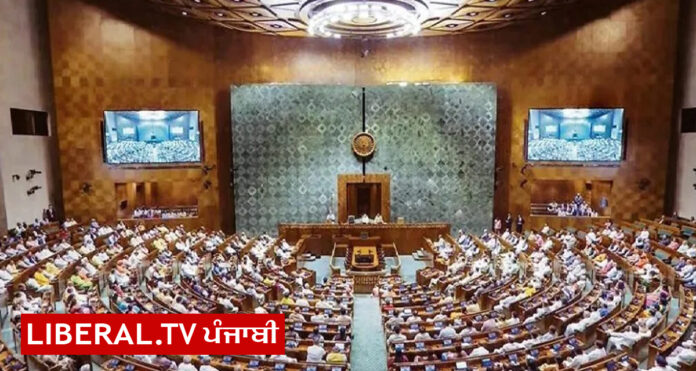In a significant step toward holding simultaneous elections for the Lok Sabha and state assemblies, the Union Cabinet approved the One Nation One Election bill on Thursday, sources revealed. The bill is expected to be introduced during the ongoing winter session of Parliament. The promise of simultaneous elections was a key component of the BJP’s manifesto for the Lok Sabha elections.
This move follows the government’s acceptance of recommendations from a high-level committee, chaired by former President Ram Nath Kovind. The committee proposed conducting simultaneous elections for the Lok Sabha, state assemblies, and local bodies in a phased manner. However, the proposal has faced opposition from several parties in the INDIA alliance, such as Congress and AAP, who argue that it could give an advantage to the ruling party at the Centre. In contrast, key NDA allies, including Nitish Kumar’s JD(U) and Chirag Paswan, have expressed support for simultaneous elections.
Recognizing the potential scrutiny of the bill, the government plans to refer the legislation to a Joint Parliamentary Committee (JPC) in order to build a broad-based consensus. Additionally, the views of state assembly Speakers, along with those of intellectuals, experts, and civil society members, will be solicited. Public input will also be considered.
The Kovind-led panel, in its comprehensive 18,626-page report, has outlined a two-stage approach for implementing simultaneous elections. The first stage involves aligning the Lok Sabha and state assembly elections, while the second stage aims to synchronize local body and municipal elections with those for the Lok Sabha and state assemblies. Local body elections would be held within 100 days of the Lok Sabha elections, but this would require approval from at least half of the states.
The panel has also recommended 18 constitutional amendments to make the One Nation One Election plan a reality.



